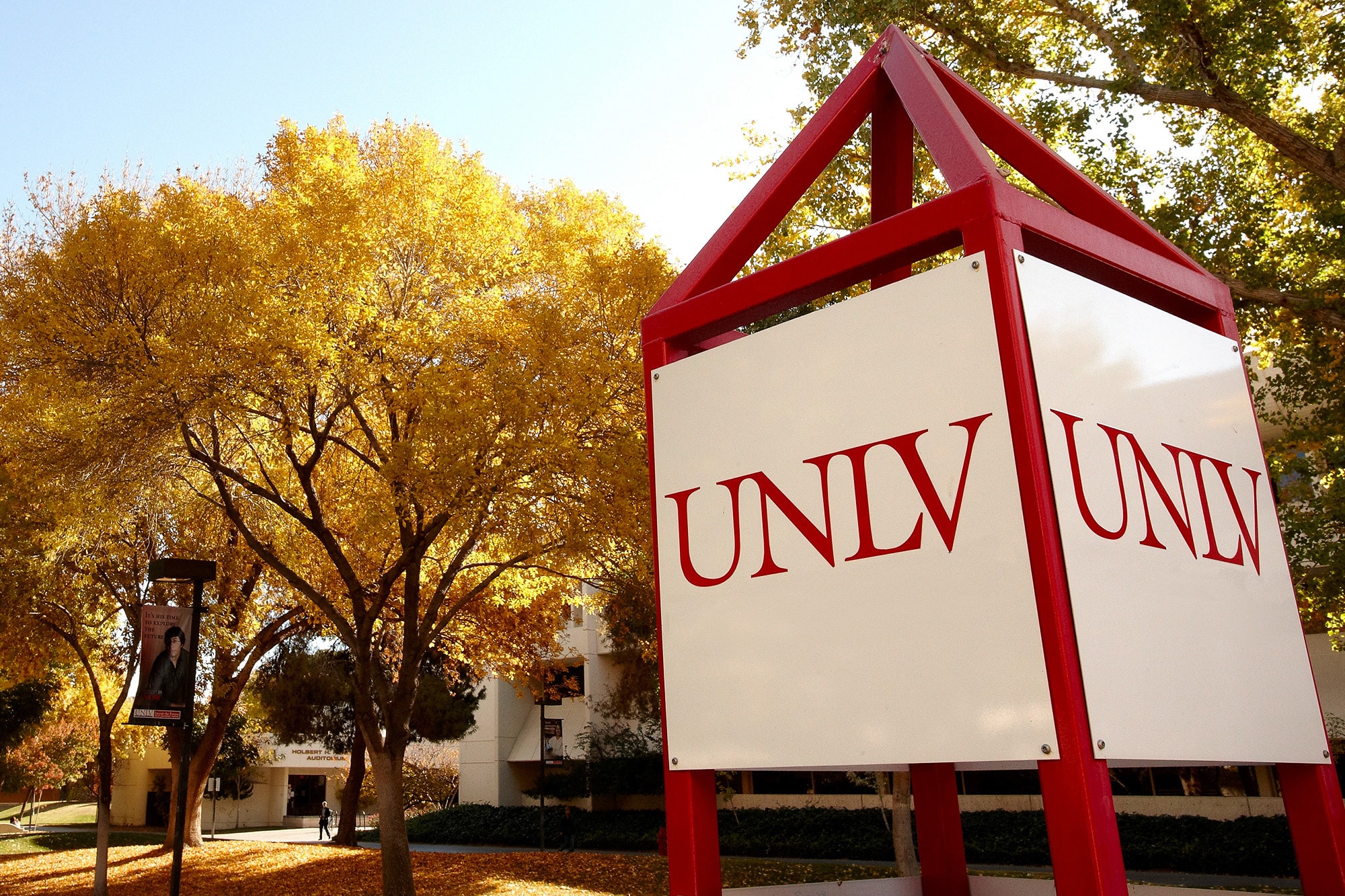A preliminary analysis of key economic indicators before and after the passage of the Nevada Clean Indoor Air Act (NCIAA) in 2006 reveals that the act has had very little negative economic impact in Clark County.
An interdisciplinary UNLV research team tracked data from 1999 through the first quarter of 2009 on restaurant and bar employment rates, openings, taxable sales, slot gaming revenues and slot tax collections in Clark County. The team compared quarterly based annual trends for each of the economic outcomes over the 10-year period, taking into account seasonal effects and general economic trends.
The following is a breakdown of the preliminary research findings:
Employment
o Six of seven employment sectors evaluated (gaming industry, leisure and hospitality, casino hotels and gaming, food service/drinking places, food/beverage stores and health/person care stores) started showing declines in the second quarter of 2006, before the NCIAA was passed.
o Employment in these sectors rose in early 2008, despite a drop in overall employment linked to the ongoing economic recession.
New Business Openings
o The number of newly opened drinking establishments increased quarterly from the time the clean air act went into effect until the second quarter of 2008.
o The number of newly opened restaurants dropped in the second quarter of 2007, but has been on the rise since that time.
Taxable Sales in Bars and Restaurants; Food and Beverage Stores
o Taxable sales in bars/restaurants declined in the two quarters before the NCIAA passed and followed county-wide taxable sales trends in 2007 and 2008.
o Taxable sales in food/beverage stores did not decline until the third quarter of 2007.
Slot Machine Revenue and Collections
o Slot revenue dropped immediately after the NCIAA went into effect in January 2007, but rebounded by the second quarter of 2007.
o Slot revenue is consistent with general downward trends in total gross gaming revenue and games/table revenue, all of which have been in decline since the third quarter of 2007.
o Slot collections (fees each business pays for housing slot machines) in affected businesses followed trends of slot collections in non-affected businesses through the second quarter of 2008.
Researchers are currently working with the U.S. District Court, District of Nevada to examine restaurant and bar bankruptcies beginning in 1999 and expect to release a full report this fall. The team also plans to begin a state-wide economic impact study of the NCIAA.
The UNLV research team includes Nancy York, assistant professor of nursing; Chris Cochran and Jay Shen, associate professors of health care administration and policy; and
Keith Schwer, director of the Center for Business and Economic Research. Maria Azzarelli and Deborah Williams of the Southern Nevada Health District also assisted in the study. The study was funded through a UNLV President's Research Award.



